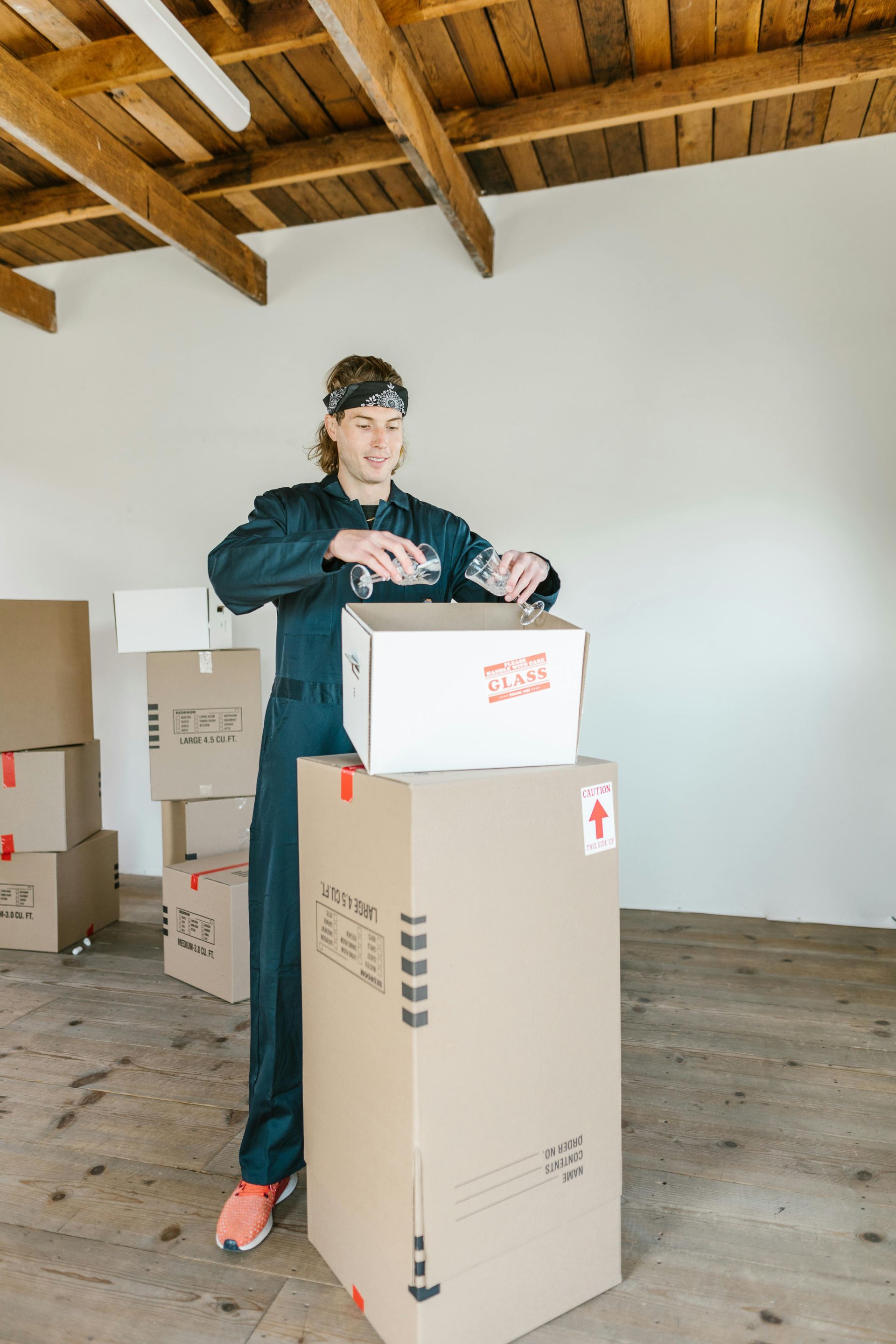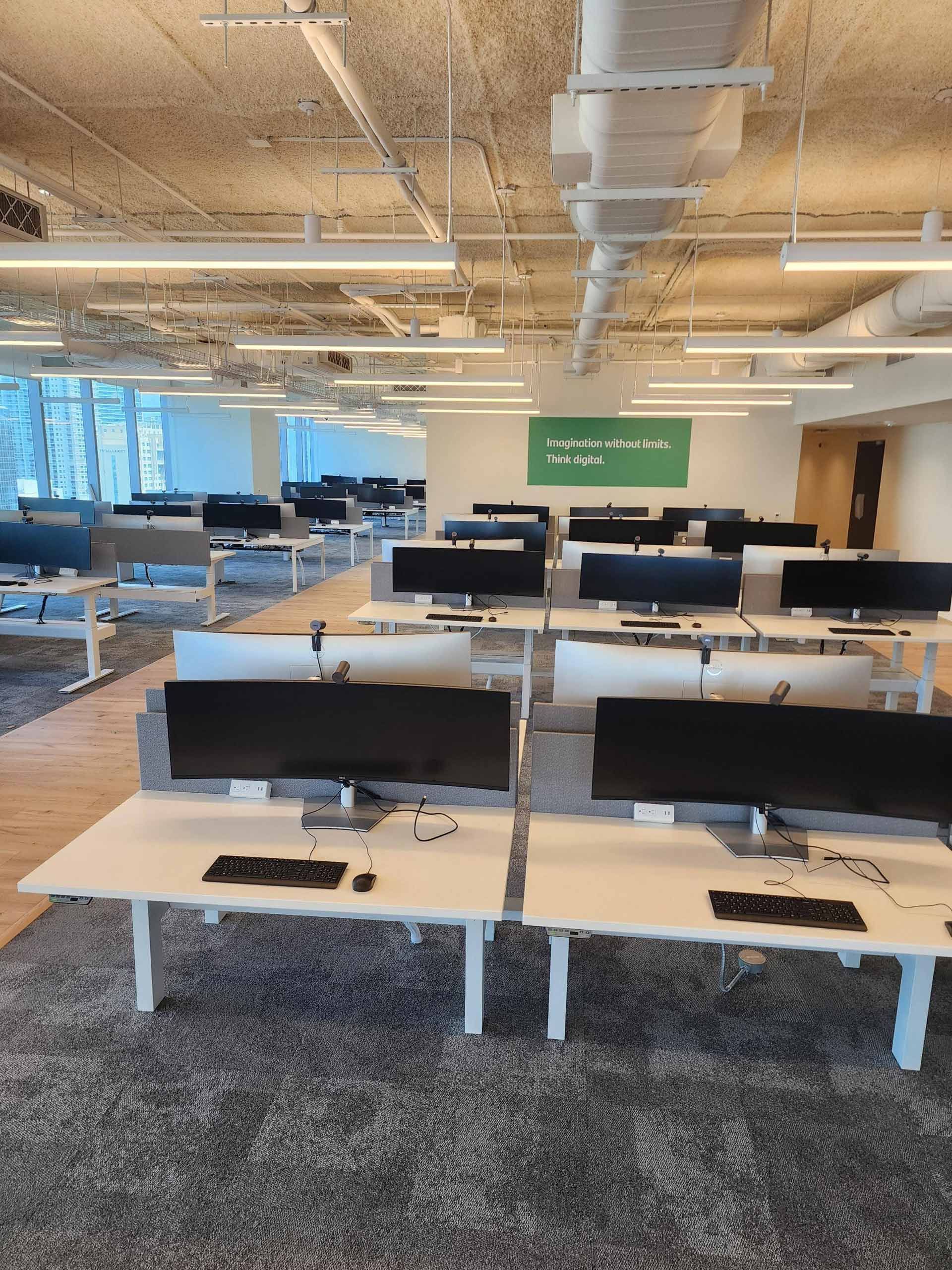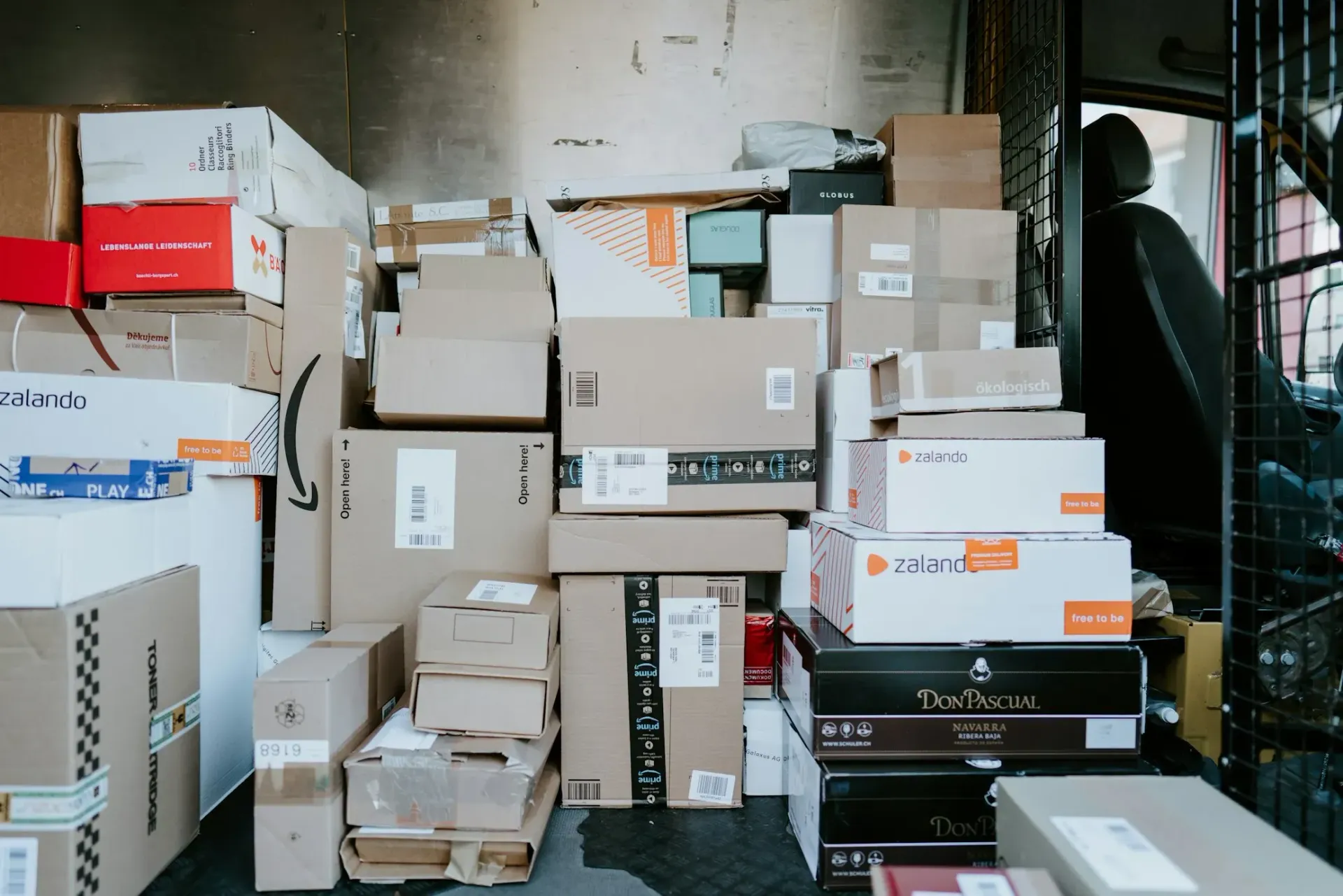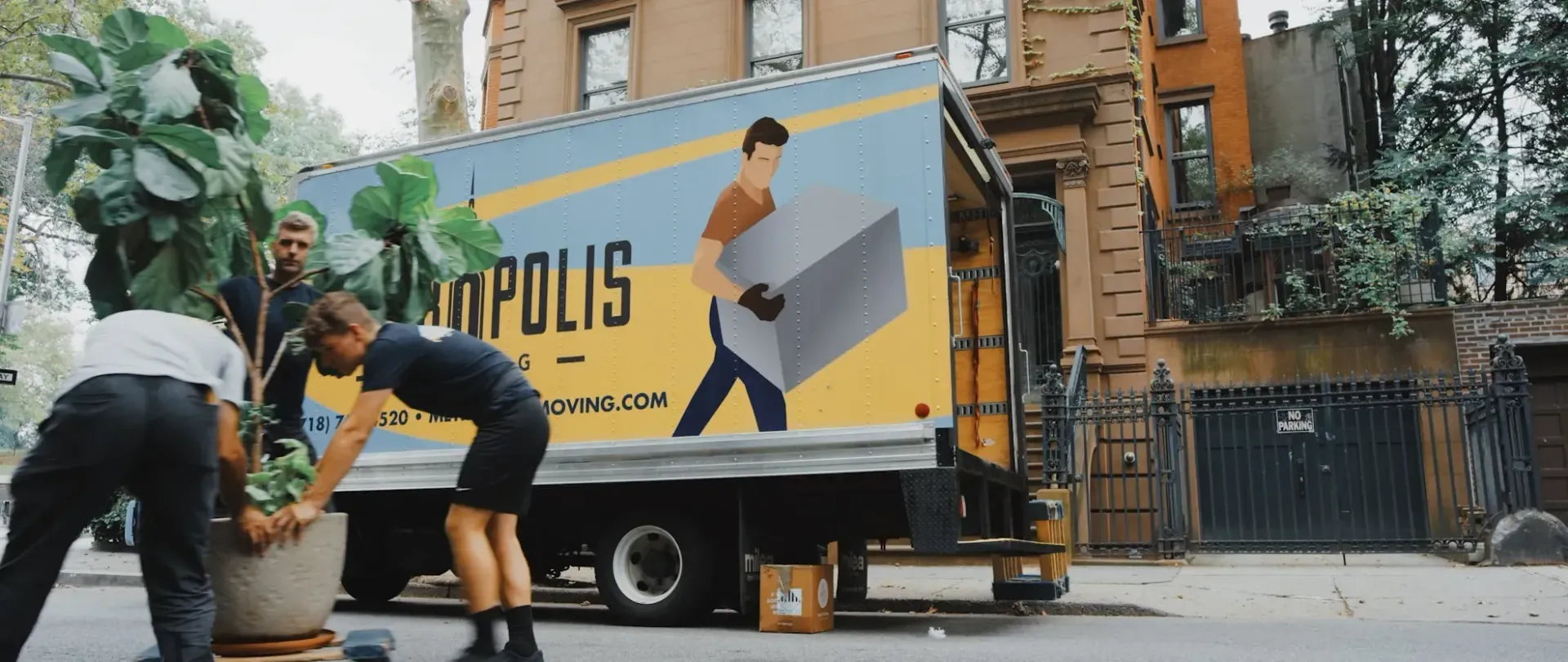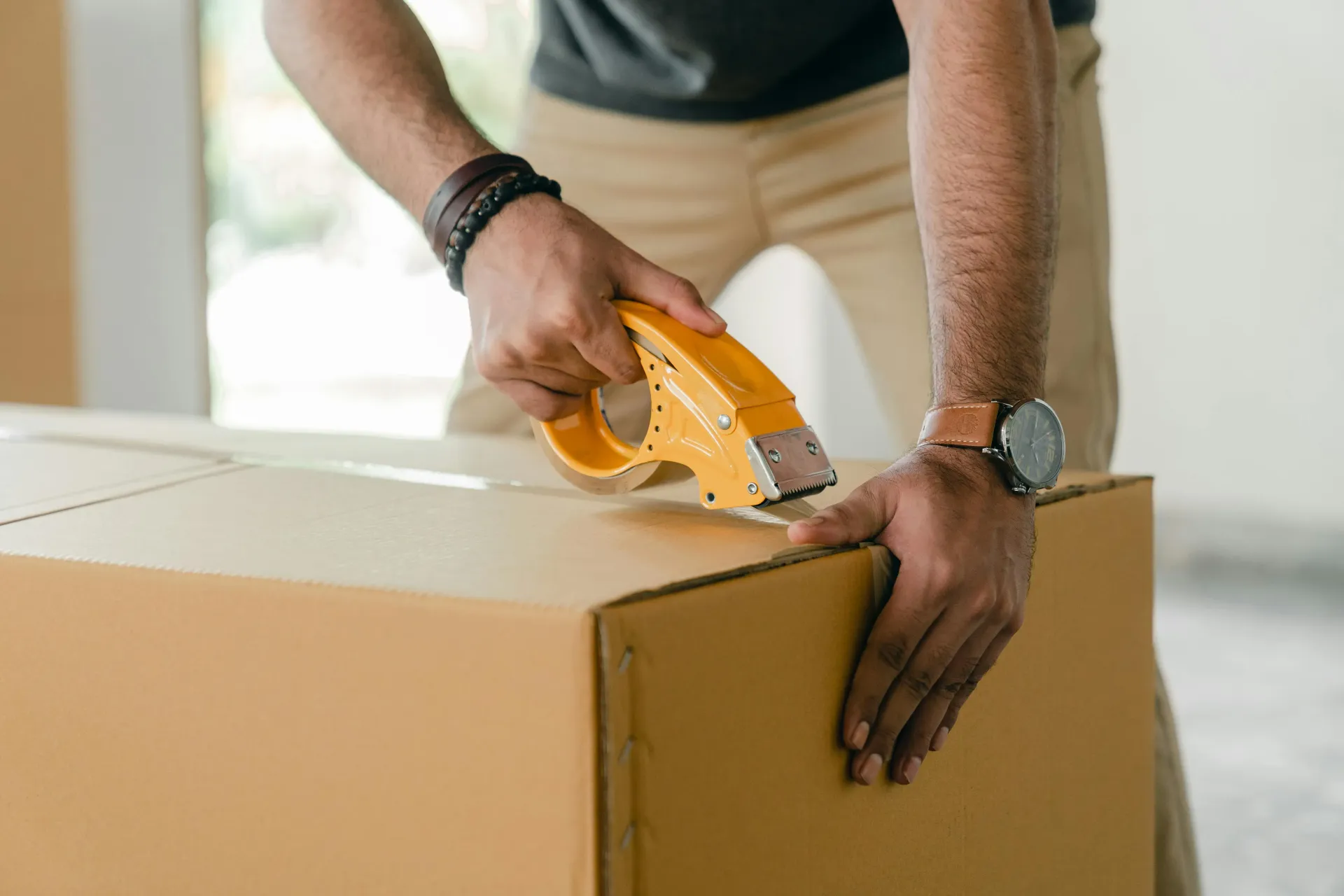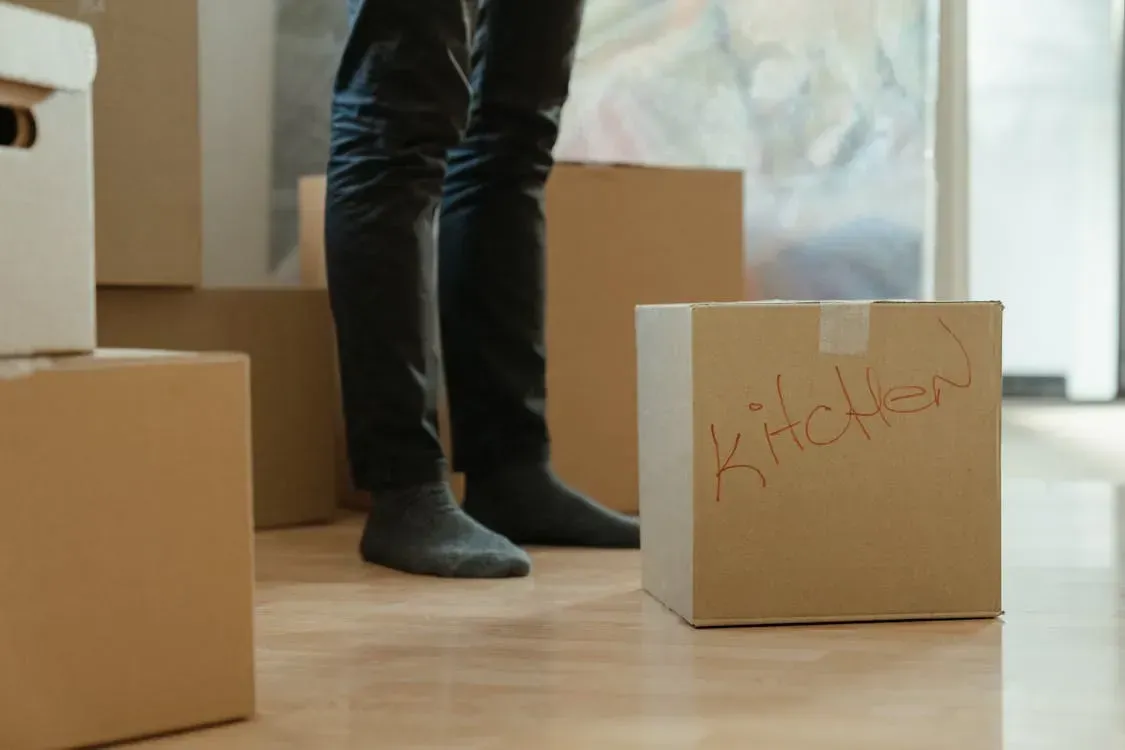
How to Calculate Relocation Costs: A Step-by-Step Guide
Moving can be both exciting and stressful. Knowing how much it will cost makes it easier. This guide will help you figure out your relocation costs, whether you’re moving to a new home or shifting your office.
Ready to get started? Let’s first define what relocation costs are.
What are Relocation Costs?
Relocation costs are the expenses you’ll face when moving. These can include:
Transportation Costs
They cover the expense of moving your belongings from one place to another. For a local move, you might spend between $300 and $1,500. A long-distance move can range from $2,000 to $5,000.
Packing supplies like boxes, tape, and bubble wrap can add up. Expect to spend around $100 to $200 on these materials.
Labor Costs
It involves either hiring movers or renting a truck. Professional movers typically charge $25 to $50 per hour, per mover. If you choose to rent a truck, it might cost you $20 to $40 per day, plus mileage.
Insurance is crucial for protecting your items during the move. Basic coverage is usually free but offers limited protection based on the weight of your belongings. Full value protection can cost 1% to 2% of the total value of your items.
Temporary Housing
It might be necessary if there’s a gap between moving out and moving into your new place. Hotel stays can range from $100 to $200 per night, while short-term rentals might cost $1,500 to $3,000 per month.
Utilities and Services
These also come into play when setting up or shutting down utilities at your old and new locations. This can cost between $150 and $500 for deposits and installation fees.
Different moves have different costs. Personal moves might include storage fees or pet transportation. Office moves could have costs for moving equipment and furniture.
Factors Affecting Relocation Costs
Several factors can influence your relocation costs. Knowing these can help you plan better and manage your budget.
Distance is a major factor. The farther you move, the higher the cost. Local moves are generally cheaper, while long-distance and international moves can be quite expensive.
Volume and weight of items also impact costs. Moving a lot of heavy furniture and boxes will cost more than moving a few lightweight items. It’s a good idea to declutter before you move to save on costs.
Type of move matters too. Local, interstate, and international moves have different pricing structures. Local moves are usually billed hourly, while long-distance and international moves are often based on weight and distance.
Additional services like packing, unpacking, and storage can add to your costs. Professional packing can be convenient but comes at a price. Similarly, storage fees can pile up if you need to store your belongings temporarily.
Time of the year plays a role as well. Moving during peak seasons, like summer or holidays, can be more expensive due to high demand. If you have flexibility, consider moving during off-peak times to save money.
Understanding these factors helps you get a clearer picture of what to expect and how to budget for your move.
How to Calculate Personal Relocation Costs
Calculating personal relocation costs can seem daunting, but breaking it down step-by-step makes it manageable.
Create an inventory list of everything you plan to move. This helps in estimating the volume and weight of your belongings. Go through each room and note down furniture, appliances, and boxes. Don’t forget smaller items like decor and kitchenware.
Consider your moving options. You can either hire professional movers or do it yourself. Professional movers can handle everything from packing to transportation, but they come at a higher cost. If you’re on a tight budget, renting a truck and getting help from friends or family might be more economical.
Estimate the cost of packing supplies. Boxes, tape, bubble wrap, and other materials can add up. You might spend around $100 to $200 on these items. Buying in bulk or finding free boxes from local stores can help reduce costs.
Get moving quotes. Contact several moving companies and get quotes based on your inventory list. Make sure the quotes include all potential charges, such as fuel costs, tolls, and insurance. Comparing quotes helps you find the best deal.
Account for hidden costs. These can include fees for moving large or fragile items, extra charges for stairs or long carries, and costs for temporary storage. It’s important to ask moving companies about any potential hidden fees.
By following these steps, you can get a good estimate of your personal relocation costs and plan your budget accordingly.
How to Calculate Office Relocation Costs
Calculating office relocation costs involves several unique considerations compared to personal moves.
Assess the new office space. Start by understanding the layout and size of your new office. This will help in planning how much equipment and furniture you’ll need to move and what might need to be bought new.
Create an inventory of office equipment. List all furniture, computers, servers, and other equipment. Office moves often involve specialized items that need careful handling, which can increase costs.
Consider special equipment needs. Moving IT equipment and office furniture often requires professional help. Costs for disassembling and reassembling furniture, as well as safely transporting sensitive equipment, should be factored in.
Calculate downtime costs. Any time your business is not operational during the move can cost you money. Estimate the cost of business downtime and plan to minimize it. This might involve moving over a weekend or during off-peak hours.
Professional services. Hiring professional office movers who specialize in corporate relocations can ensure a smoother move. These services might include project management, packing, and setting up the new office space. Get detailed quotes from several companies to compare.
Consider employee relocation costs. If you're relocating employees as well, include costs for their moving expenses, temporary housing, and travel.
By breaking down these elements, you can get a clearer picture of your office relocation costs and budget accordingly.
Average Relocation Costs
Knowing average relocation costs can help you set realistic expectations for your move.
For personal moves:
- Local moves: Typically range from $300 to $1,500. This cost depends on the size of your home and the distance of the move within the same city or region.
- Long-distance moves: Can range from $2,000 to $5,000 or more. The cost is influenced by the distance, the weight of your belongings, and additional services you may require.
For office moves:
- Small office relocation: Generally costs between $1,000 and $5,000. This includes moving basic office furniture and equipment within the same city.
- Medium to large office relocation: Costs can range from $5,000 to $20,000 or more. This involves moving more extensive equipment, specialized items, and possibly covering greater distances.
Case studies:
- Personal move example: A family moving from a two-bedroom apartment to a house in a different state might spend around $3,500. This includes hiring professional movers, packing services, and insurance.
- Office move example: A small business relocating its office within the same city might spend about $4,000. This includes disassembling and reassembling office furniture, moving IT equipment, and ensuring minimal downtime.
Understanding these averages helps you budget more effectively and avoid unexpected expenses.
Tips for Budgeting Your Move
Effective budgeting can make your relocation smoother and less stressful. Here are some practical tips to help you manage your relocation costs.
Plan Ahead: Start planning your move as early as possible. This gives you time to research moving companies, gather quotes, and make informed decisions. Early planning can also help you avoid peak moving times, which can be more expensive.
Get Multiple Quotes: Contact several moving companies and request detailed quotes. Compare these quotes to find the best deal. Make sure each quote includes all potential charges to avoid surprises later.
Budget for Contingencies: Set aside a contingency fund to cover unexpected expenses. Moving can come with hidden costs, such as extra fees for moving large items, delays, or last-minute changes.
Save on Packing Supplies: Look for ways to save on packing materials. Ask local stores for free boxes, use old newspapers for wrapping, and consider using linens and towels to cushion fragile items. Buying packing supplies in bulk can also reduce costs.
Declutter Before You Move: Reducing the volume of items you move can significantly lower your costs. Sell, donate, or dispose of items you no longer need. This not only saves money but also makes unpacking easier.
Consider DIY Options: If you're on a tight budget, consider handling some parts of the move yourself. Renting a truck and enlisting help from friends or family can be cheaper than hiring a full-service moving company.
Negotiate with Movers: Don’t hesitate to negotiate with moving companies. They may offer discounts, especially if you’re flexible with your moving dates or if you book during off-peak times.
Following these tips can help you stay within your budget and make your move more affordable and efficient.
Conclusion
Bottom Line: Calculating your relocation costs ahead of time can save you from unexpected expenses and stress. By understanding the key factors that affect costs and using practical tips to budget effectively, you can ensure a smoother and more organized move. Whether it's a personal or office move, having a clear estimate helps you plan better and avoid surprises.
Call to Action
Ready to make your move hassle-free?
Trust 305 Movers, your top choice for moving services in Miami, FL. Our licensed and professional team specializes in Local Moving Services Miami, Florida Moving Services, Senior Moving Services Miami, Packing Services Miami, and Commercial Moving Company Miami. With our experience and dedication, we strive to exceed your expectations and make your move as seamless as possible.
At 305 Movers, we understand the challenges of moving, which is why we offer unparalleled customer support and use advanced packing and loading techniques to ensure your belongings are safe and secure. Whether you’re moving across the state or just a few blocks away, our team is here to help.
Contact 305 Movers today for a free quote and experience the best in local and long-distance moving services in Miami. Make your next move the best one yet with 305 Movers, Miami's trusted moving experts.
Our Services
Business Hours
- Mon - Sat
- -
- Sunday
- -
All Rights Reserved | 305 + Movers LLC | Privacy Policy


